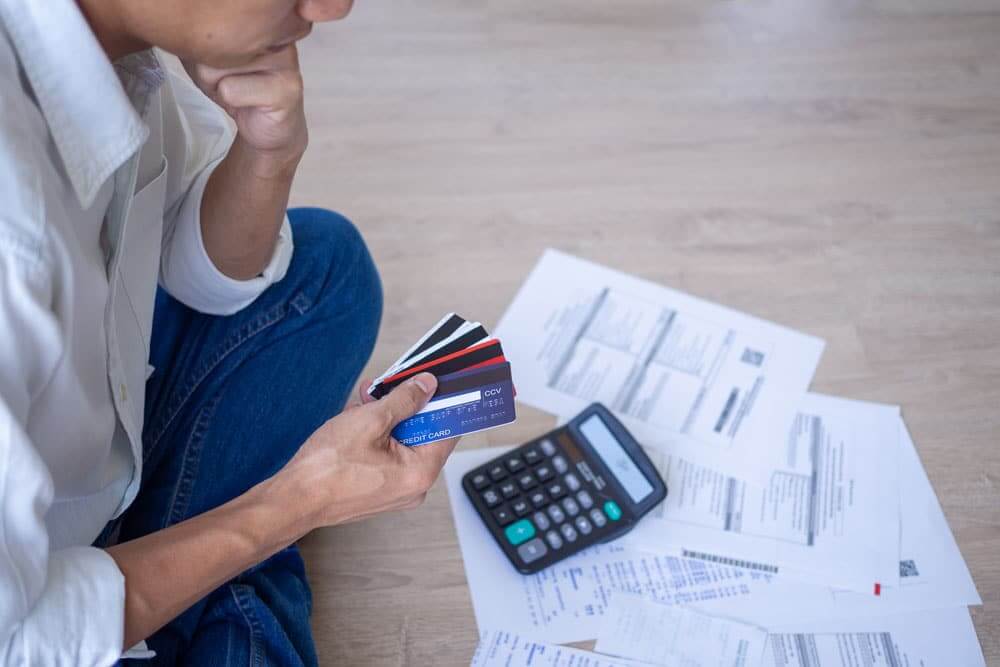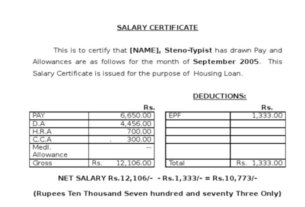When it comes to getting out of debt, it can be a long hard road to travel. Unless you happen to come into a lot of money, such as from a lottery win or a large inheritance, you’re likely to be paying off debts, like credit cards, for some time.
One of the common practices to help make getting out of debt possible is debt consolidation. Debt consolidation isn’t without its challenges, including potentially impacting your credit score. However, many debt relief options can have an affect on your credit score. Today we’re going to give you a breakdown of what credit card debt consolidation actually is, when you should or shouldn’t do it, and what steps you need to take.
So, keep reading to learn more about consolidating your credit card debts.
What is debt consolidation?
Debt consolidation is essentially a way to bring all of your debts, which can include loans and credit cards together into one loan. This means that instead of making multiple payments on each of your individual debts, you can make one monthly payment that goes towards paying them all off.
Basically, when you choose to consolidate your debts into one, the original debts are paid off with this new loan, and the money you owe is now in one loan. So, you don’t need to worry about making multiple monthly payments or annual fees for multiple credit cards.
Read more: 6 Benefits of Debt Consolidation You Didn’t Know About
How does this affect your credit score?
Your credit score can be affected in lots of ways, including when inquiries are made about your current credit score. When you apply for a debt consolidation loan, or any loan for that matter, your credit score is usually affected. The severity with which your credit score is affected will also be somewhat dependent on your past behaviour, such as if you’ve struggled to make payments on time in the past or if you’ve applied for basically every credit card out there.
Debt consolidation might initially have an impact on your credit score, however, if you continue to make regular payments, on time. You should be able to recover your credit score over time.
When should you consolidate your credit card debt?
While your credit score might be impacted by debt consolidation, it is sometimes the best and most realistic option for you to be able to pay off your credit card debts. Here is when you should consider consolidating your credit card debts:
· If you struggle to monitor your accounts regularly and keep up with payment schedules and amounts owing, you have potentially spread yourself too thin and made it difficult to keep track of your financial position. Life is busy, so when you make it even busier, unnecessarily, this can be detrimental.
· If you’re only making the minimum payment on each of your credit cards or loans. If you are only paying the bare minimum each month, you’re likely to never really pay off your debt. As each debt will have its own interest rate and minimum repayment requirements, you might find that when you consolidate, the total amount you were paying for each of those debts is a lot more than the monthly requirement of the consolidated debt, therefore you might be able to pay your debt off faster.
When shouldn’t you consolidate your credit card debt?
While debt consolidation can be a very promising way to be able to get yourself out of debt, there are some circumstances when it may not be the best option for you. These include:
· If you do not understand the debt consolidation process and requirements, it might be best to avoid it. At least temporarily, until you do understand what is required of you. There’s no shame in admitting that you do not understand something, so if you’re struggling, make sure you ask a financial adviser or close friend to guide you through the debt consolidation process.
· If you do not know why you are in debt, then it might be a wrong move to consolidate your debts. You don’t need to know every single tiny detail but if you think a consolidated debt is going to solve all of your problems, you need to be realistic. Perhaps your spending habits are far beyond your means or maybe you took out a heap of credit cards when you were young. We all make silly choices that we don’t realise might have a long-term effect. It’s just important to understand why you’re in this debt before opting to consolidate it.
How should you consolidate?
There are various methods of debt consolidation, these might involve a new credit card account or a personal loan that covers the amount of the credit card debt that you currently have. The most important aspects for you to know are whether the new consolidated loan will put you in a better financial position or not.
You want to look for good low interest levels and be weary of the time period of the loan. It’s impossible for us to tell you which method or company you should work with, you need to do your due diligence and figure out what is best for you.
What do you do once you’ve consolidated?
If you’re managed to successfully consolidate your credit card debts into one loan, then you need to ensure you do what you can to avoid spiraling into further debt.
First up, you should make sure that any of the credit cards that have been consolidated, and that are now technically paid off, are cancelled. You don’t want to run the risk of racking up credit card debt on top of your new loan as well.
Secondly, ensure that you don’t fall into bad habits that led you to be in this position in the first place. Work hard to understand your financial habits and really work to change them.
Thirdly, work with a professional who can help you manage your credit habits. If you’re looking for a credit control agency Sydney, Melbourne, Brisbane, or anywhere else in Australia, give JMA a call to discuss your options today.



